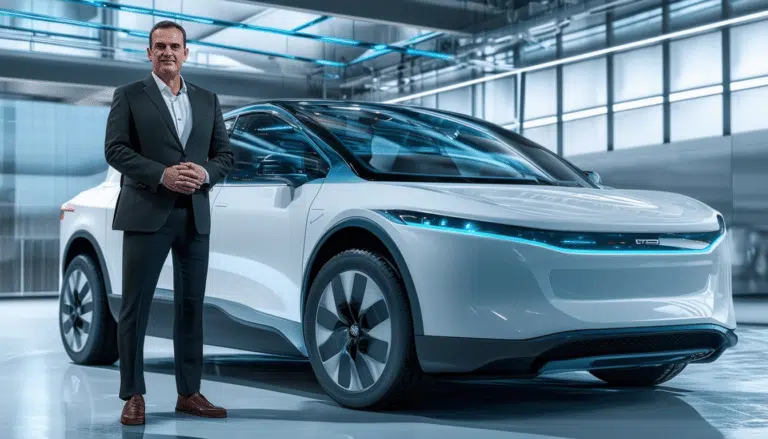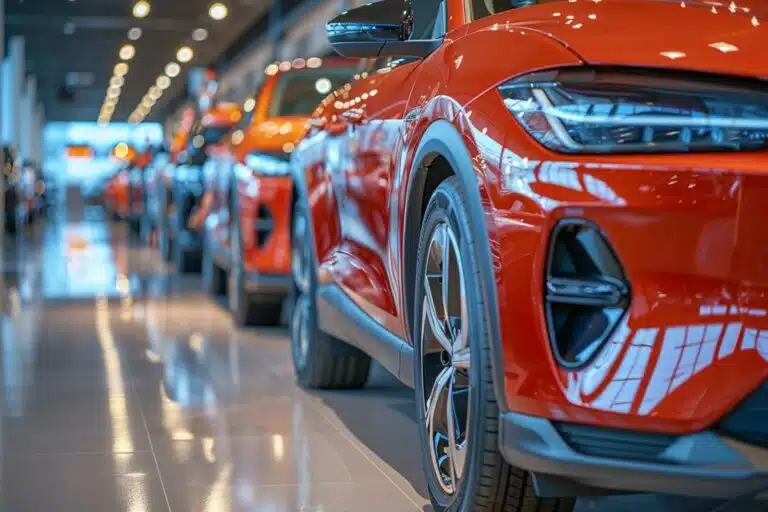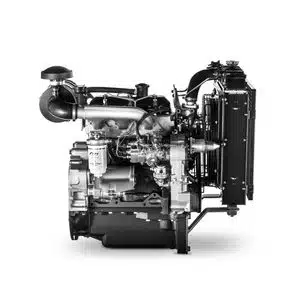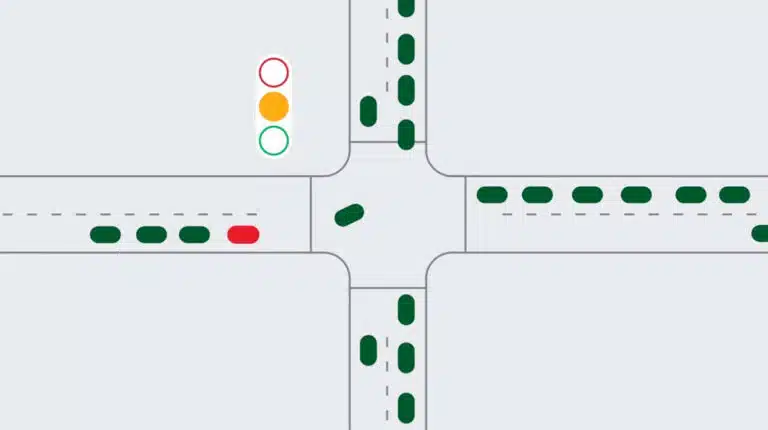Volkswagen will invest USD 5 billion in software for cars with Rivian
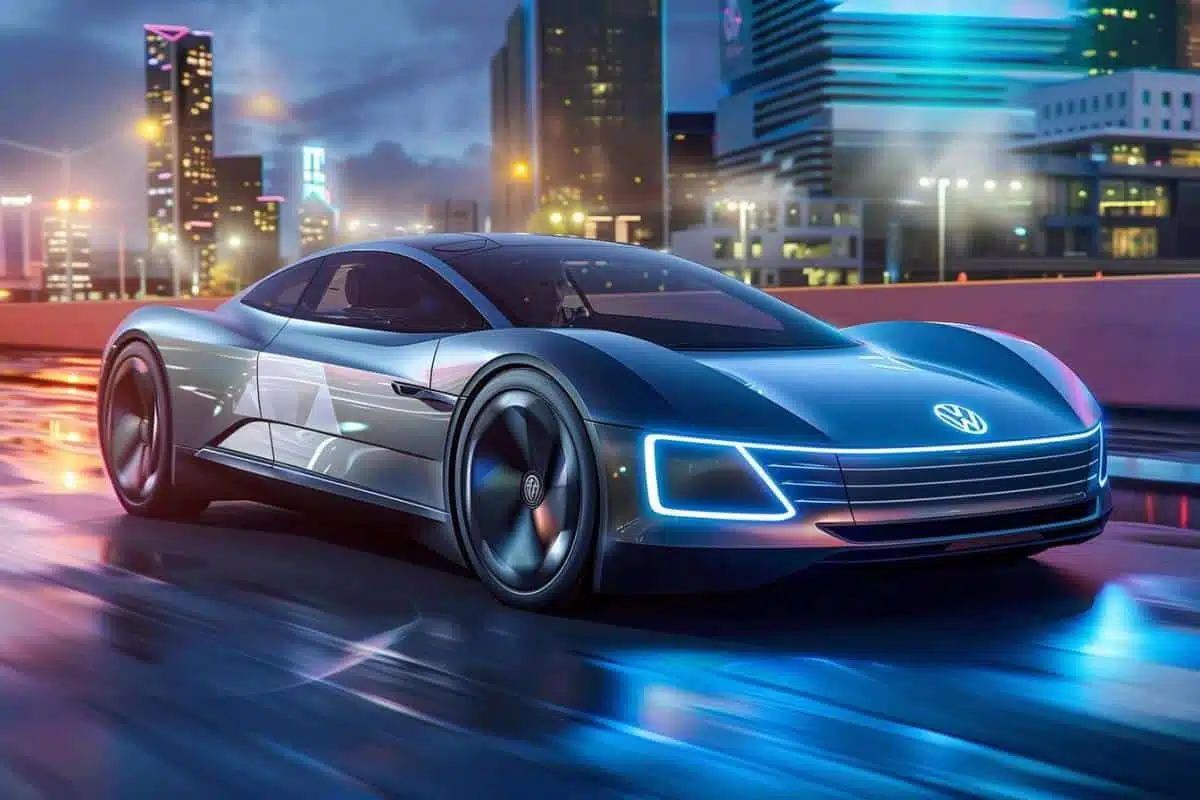
The automotive industry is constantly evolving, and Volkswagen’s latest strategic move confirms this. The German giant has announced an investment of USD 5 billion in a new vehicle software company in collaboration with Rivian, a startup known for its innovations in the electric car market. This agreement marks a significant milestone in the sector, not only because of the amount involved, but also because of the technological and market implications. It is a move that, as a car enthusiast and a fan of new technologies, I cannot help but analyze in detail.
The importance of Volkswagen’s investment in vehicle software
Volkswagen’s announcement of investing USD 5 billion in a new company to develop vehicle software alongside Rivian highlights the growing importance of software in the modern automotive industry. This strategic move responds to the increasing need to integrate advanced systems into vehicles to enhance user experience and autonomous driving capabilities.
It is interesting to note that Volkswagen has been strengthening its software capabilities in recent years. In 2019, the German company also invested in Argo AI, an autonomous driving technology company. This USD 5 billion investment is a logical continuation of a strategy aimed not only at remaining competitive but also at being a pioneer in the integration of software and artificial intelligence into car manufacturing.
In concrete terms, the collaboration with Rivian promises to accelerate the development of innovative software platforms. Rivian, known for its electric trucks and focus on sustainability, brings its experience in creating highly efficient and technologically advanced electric vehicles. Undoubtedly, this synergy promises to revolutionize the automotive market.
How the future of the automotive industry is shaping up with this alliance
The alliance between Volkswagen and Rivian not only implies a significant financial investment but also a paradigm shift in how vehicles are developed. The integration of sophisticated software systems will enable significant advancements in key areas such as autonomous driving, connectivity, and energy efficiency.
Autonomous driving and connectivity
The development of advanced software is crucial for autonomous driving. Volkswagen, along with Rivian, can lead the way in this area by creating systems that not only enhance safety but also provide an unprecedented driving experience. In this context, it is worth observing how companies like Tesla has revolutionized autonomous driving with technological advancements. Additionally, built-in connectivity will allow drivers to stay constantly connected, optimizing navigation, vehicle management, and offering personalized solutions to each user.
Energy efficiency and sustainability
Another essential aspect of this collaboration is the improvement in energy efficiency and sustainability. Rivian has demonstrated a strong commitment to creating robust and sustainable electric vehicles. This collaboration allows Volkswagen to leverage Rivian’s technology to enhance its own line of electric vehicles. In 2023, Rivian successfully produced the first all-terrain electric truck that not only has a range of over 300 miles per charge but has also been manufactured with recyclable materials, a point that Volkswagen will undoubtedly integrate into its strategy.
The use of advanced software can also optimize the performance and efficiency of electric motors, batteries, and other critical components. This is especially relevant considering the global pressure to reduce CO2 emissions and the growing demand for electric vehicles.
Implications for the automotive market and consumers
The investment of USD 5 billion in vehicle software will have several implications for both the automotive market and consumers. Firstly, we are seeing a clear trend toward the consolidation of tech and automotive companies, which is likely to lead to an increase in innovation and a reduction in development times.
Innovation and competition
Competition in the automotive industry will intensify. Companies like Ford are also adjusting their strategies, as can be seen in how Ford corrected a significant problem in its electric car sales. The investment in software will allow Volkswagen and Rivian to offer more innovative and differentiated solutions, which is crucial in a market where consumers are increasingly demanding and seeking unique features in their vehicles.
Impact on the consumer
For consumers, this investment means the possibility of accessing vehicles with cutting-edge technologies that until recently were unthinkable. Advanced driver-assistance systems, more interactive infotainment platforms, and the promise of safer and more efficient vehicles are some of the benefits they can expect.
Additionally, this collaboration may influence cost reduction, making advanced technologies accessible to a broader audience. Considering Rivian’s experience in manufacturing affordable and advanced electric vehicles, it is plausible that we will see a reduction in the prices of future models developed in this collaboration.
The European market could also see a significant impact, especially regarding emission regulations and the adoption of electric vehicles. Increased use of optimized software can help meet these standards, making vehicles more attractive to both consumers and regulators.
Long-term perspectives and future collaborations
The investment from Volkswagen and Rivian may also open the door to future collaborations that go beyond the development of vehicle software. We are talking about an ecosystem where hardware, software, and services are seamlessly integrated to provide a holistic user experience.
Possible future collaborations
The possibility of new collaborations with other well-known tech companies cannot be ruled out, similar to how Roborace has influenced the <a href="https://www.automotores-rev.com/el-papel-de-roborace-en-la-industria-automotriz/" target="blank”>automotive industry with its innovations. Alternatively, partnerships with high-tech material manufacturers that can enhance the durability and efficiency of vehicles, as explored in <a href="https://www.automotores-rev.com/que-materiales-se-emplean-en-la-fabricacion-de-una-carroceria/" target="blank”>what materials are used in car body manufacturing.
Impact on regulation and market strategy
In terms of regulation, this collaboration could influence future international regulatory frameworks as vehicles equipped with advanced software set new standards for safety and efficiency. In fact, the lessons learned from this collaboration could serve as a basis for regulatory policies and frameworks worldwide.
Integration with current advancements
This collaborative approach also has the potential to integrate with other current advancements in vehicle design and functionality. For example, the evolution of design and functionality in Nissan’s models demonstrates how companies are continuously reinventing their product lines to meet and exceed consumer expectations. Volkswagen and Rivian could benefit greatly from such strategies.
In summary, Volkswagen’s recent investment of USD 5 billion in a new company for vehicle software with Rivian marks a significant shift in the automotive industry and promises a series of technological innovations that could redefine our experience with current vehicles. For car and technology enthusiasts like me, this type of development is certainly exciting and full of possibilities.
Not to mention, this collaboration could even influence other sectors. Let’s remember how some high-performance vehicles, such as those used by the Italian police, benefit from technological advancements and high-quality materials.
Volkswagen and Rivian, by joining forces, are not only making a significant forward leap but also establishing new ground for the future of motoring. And for those of us who closely follow every innovation in automotive design and mechanics, this is undoubtedly a move to watch with great interest.

